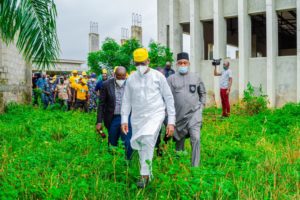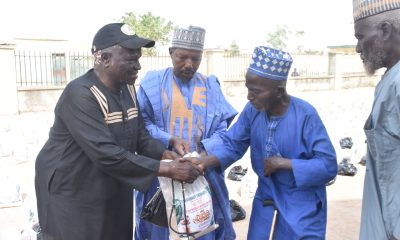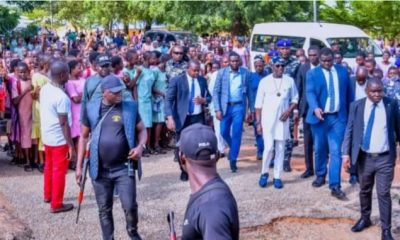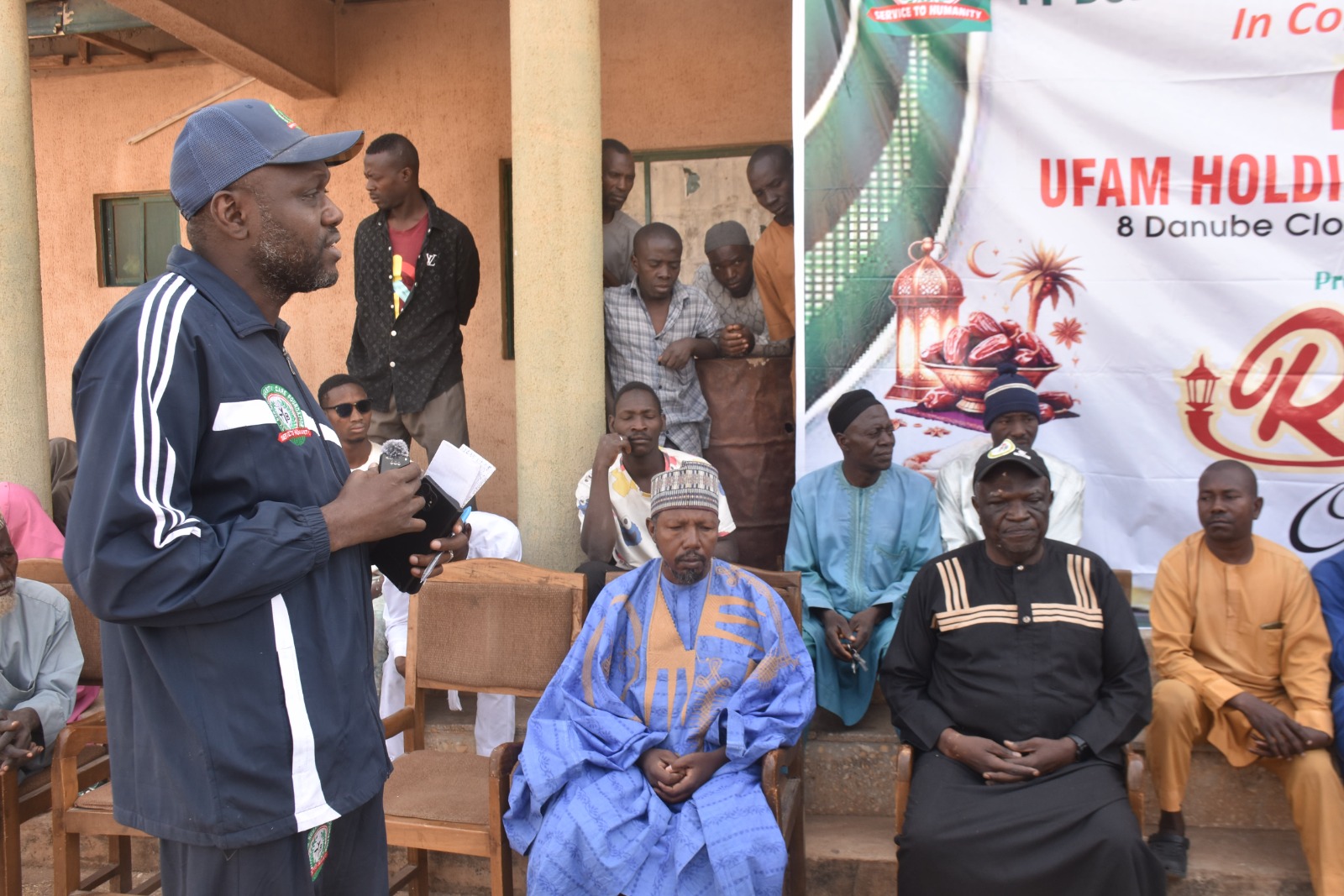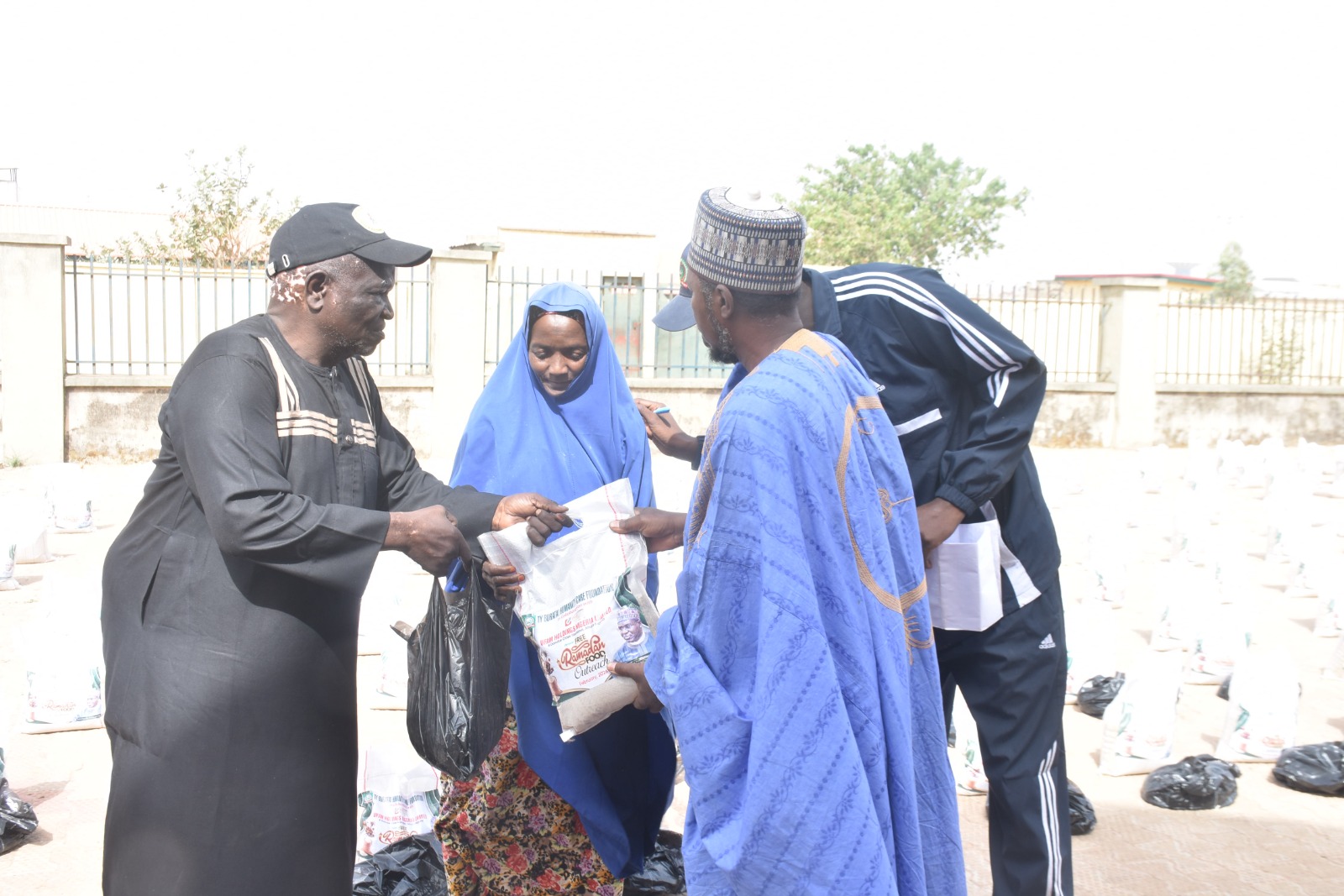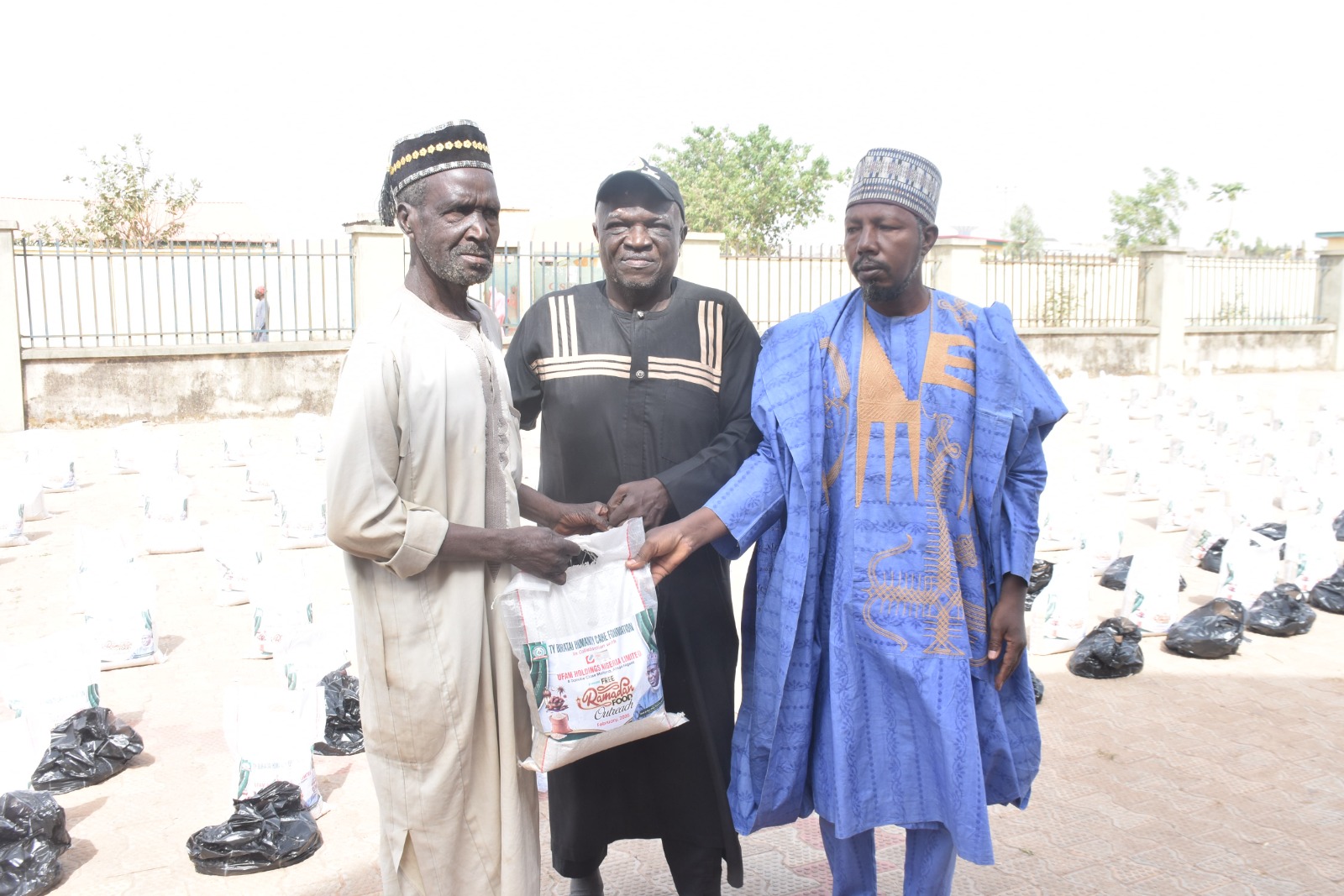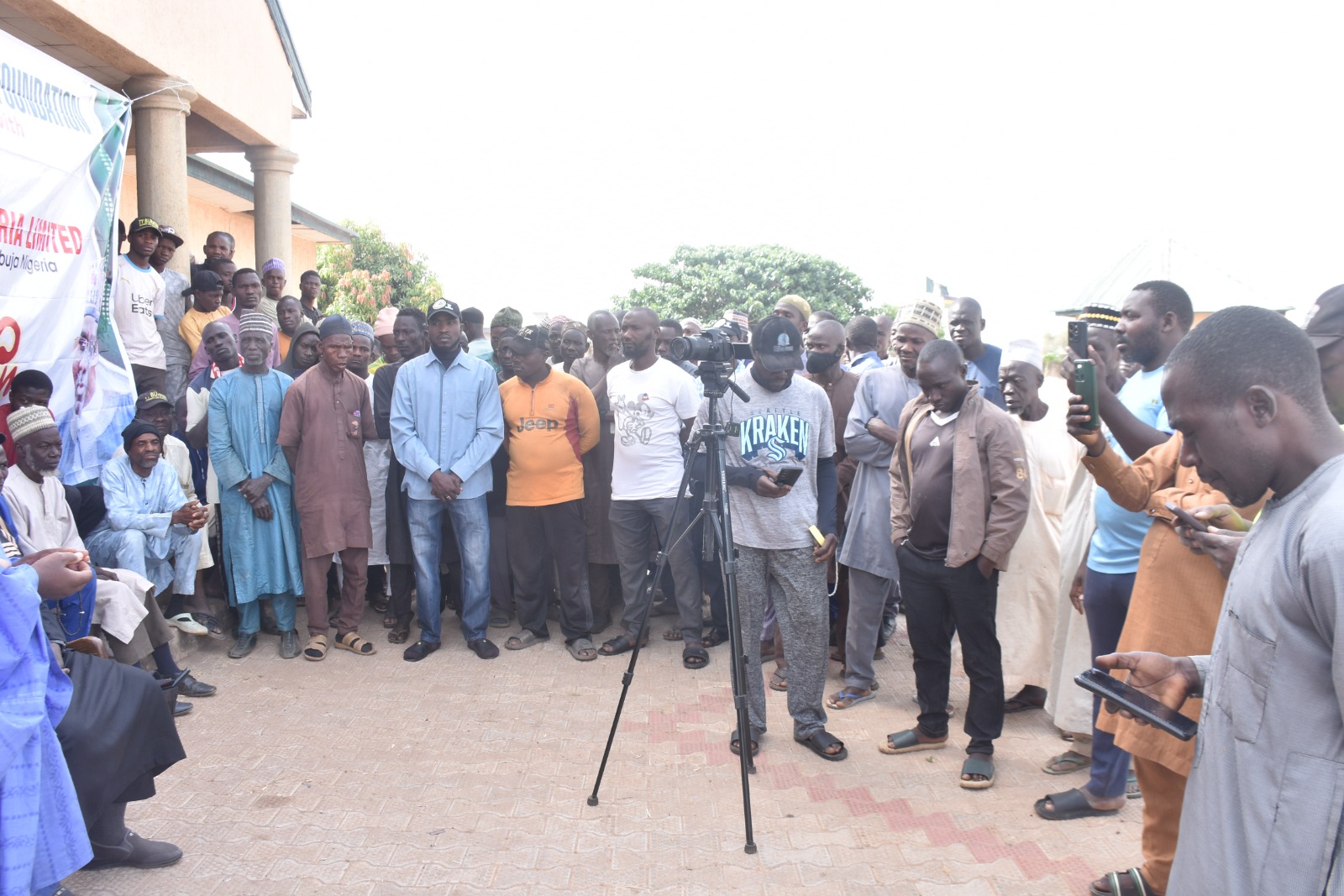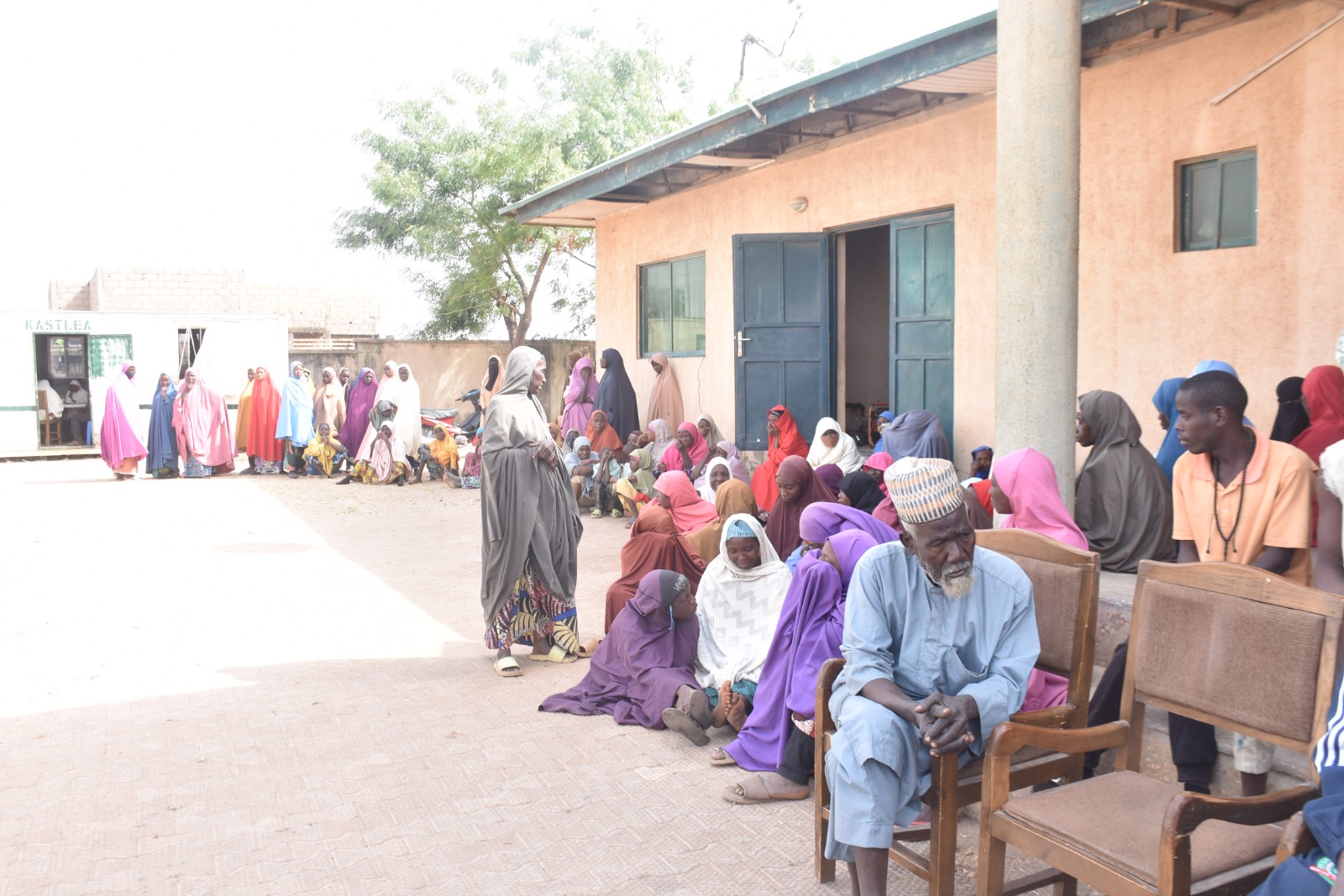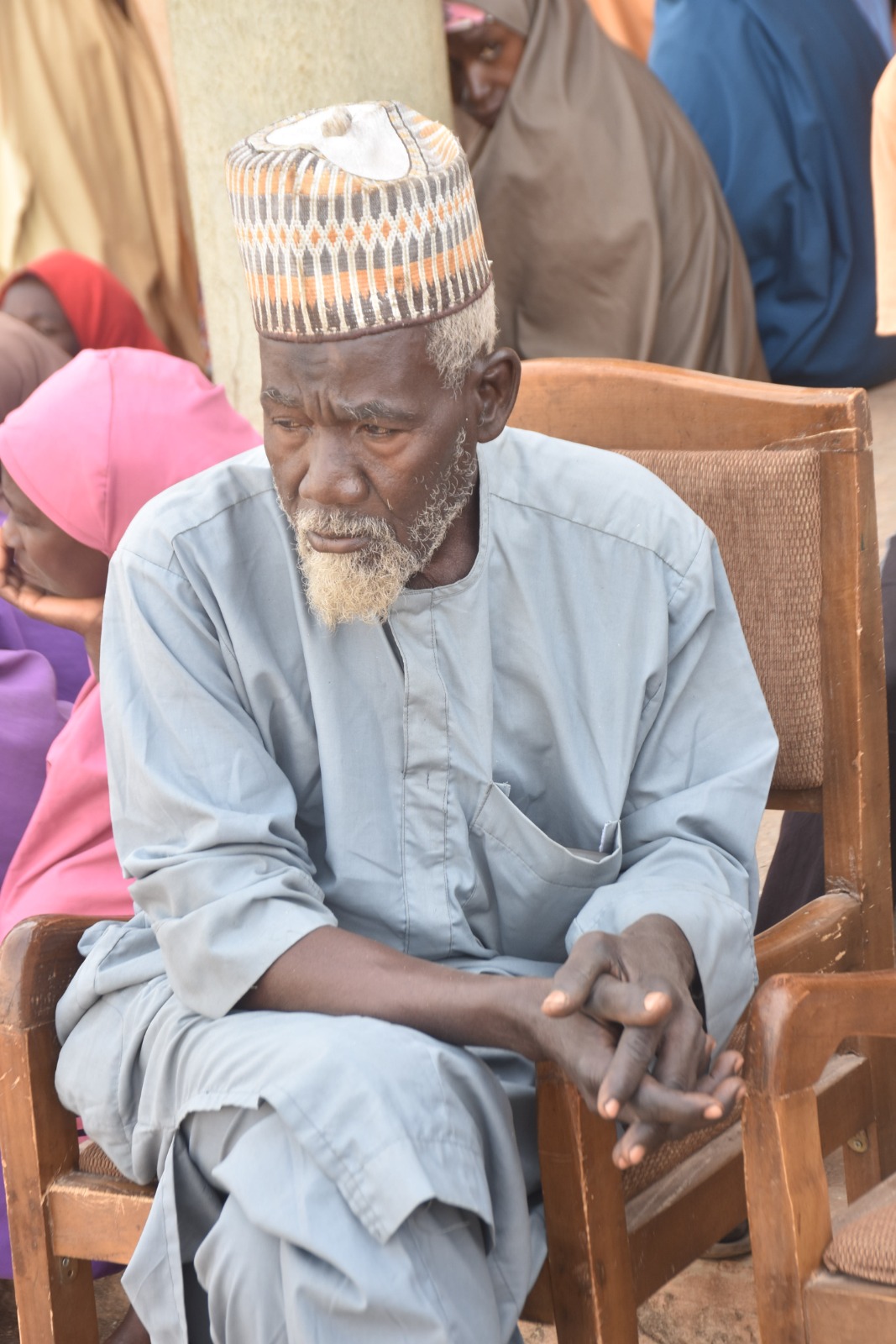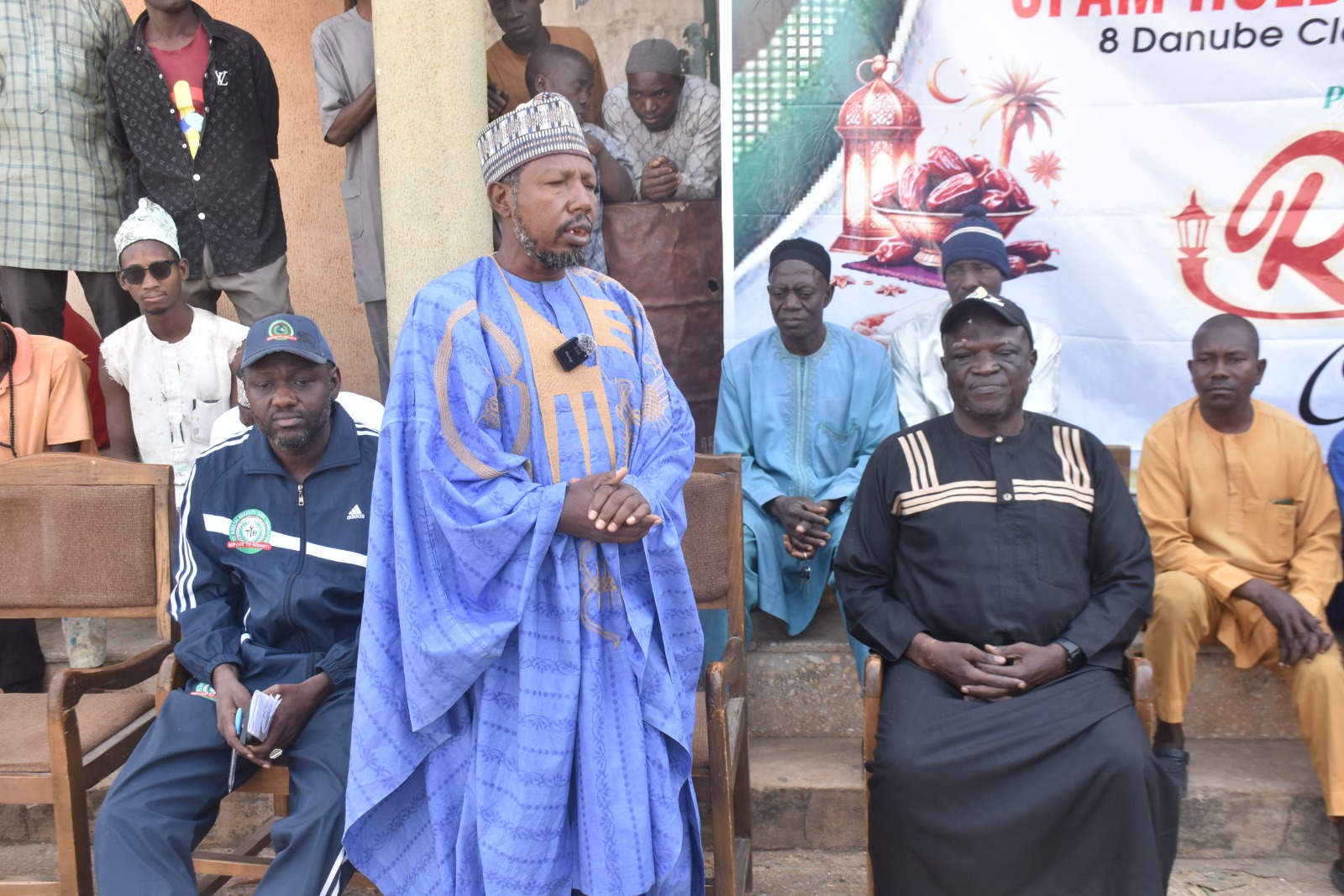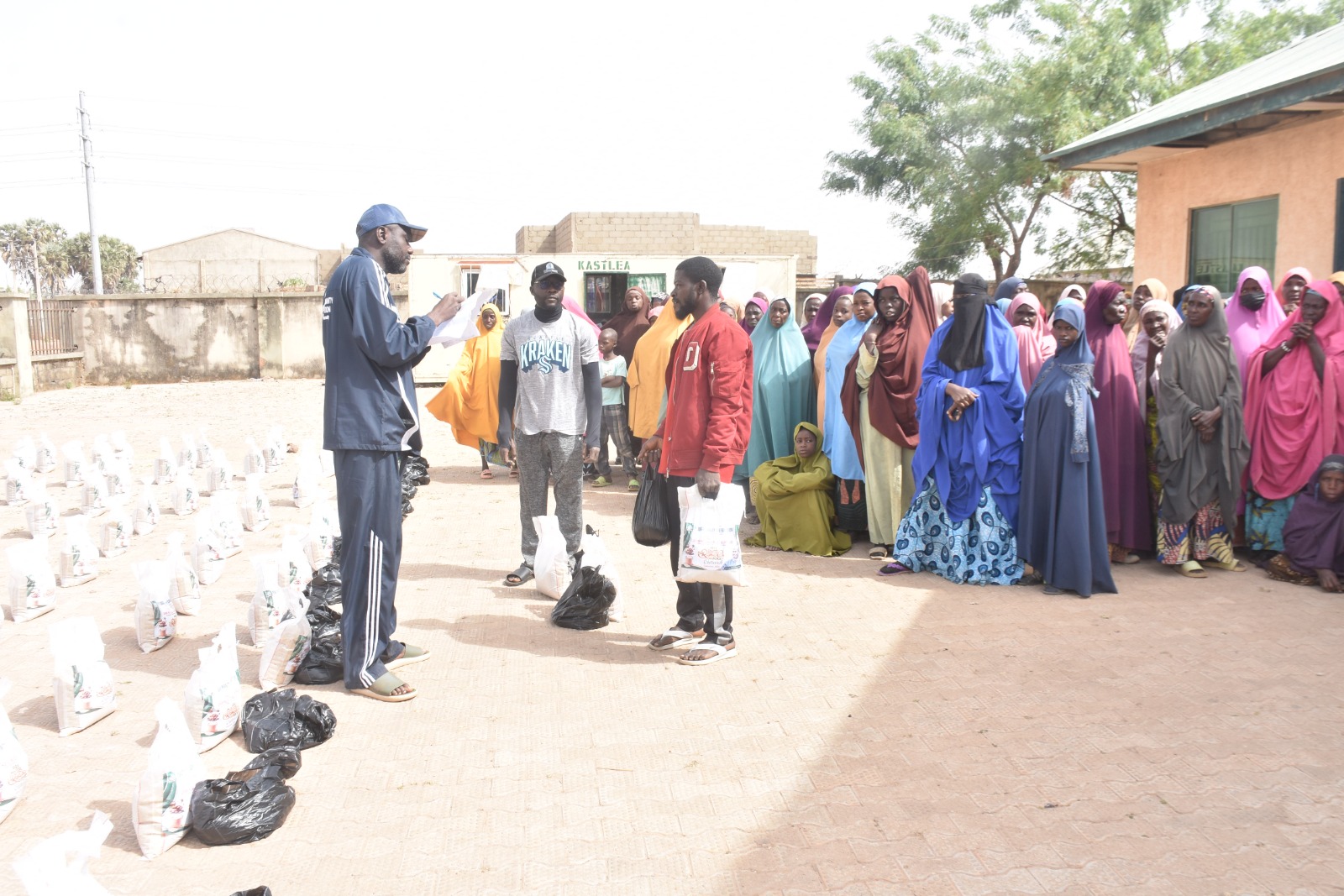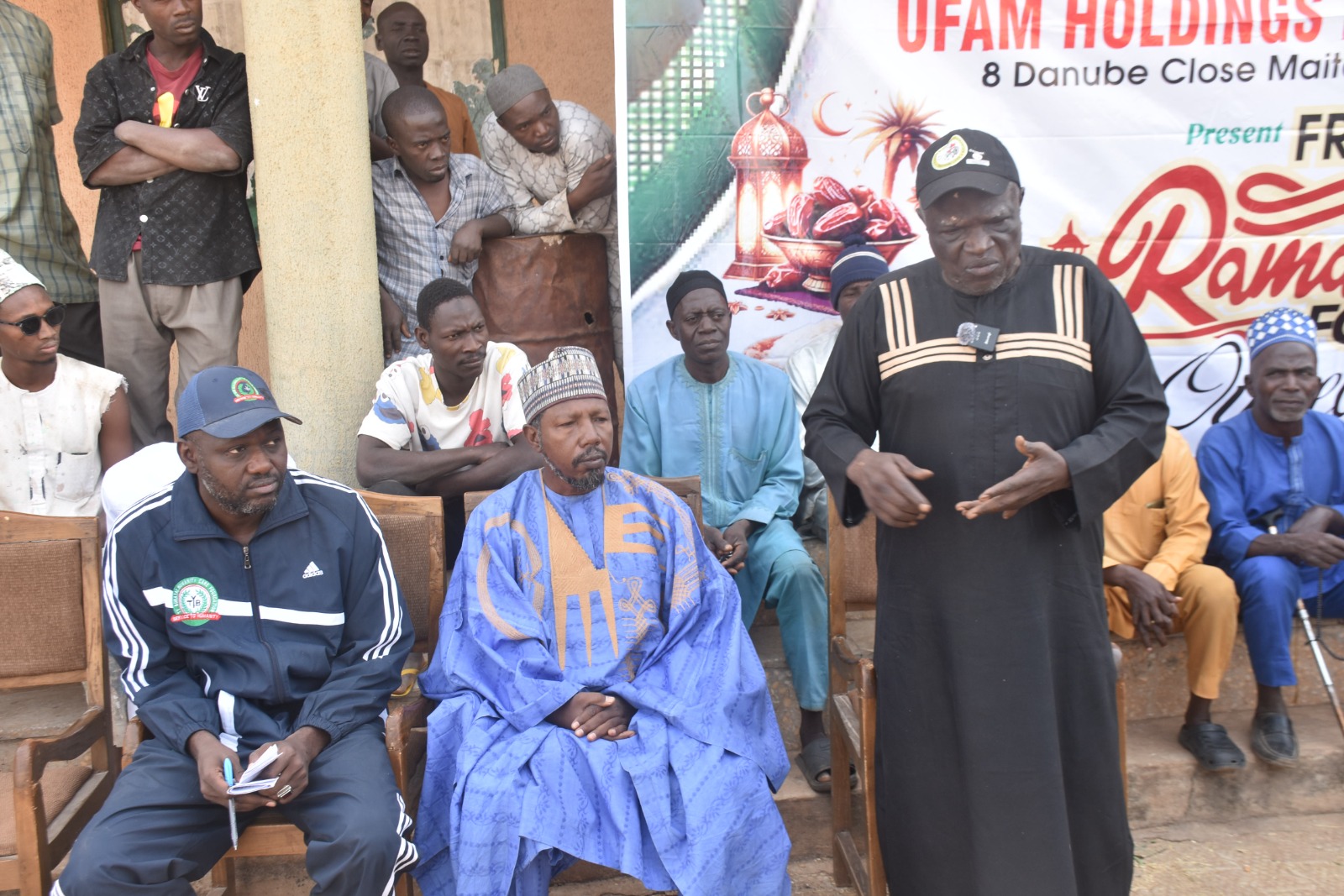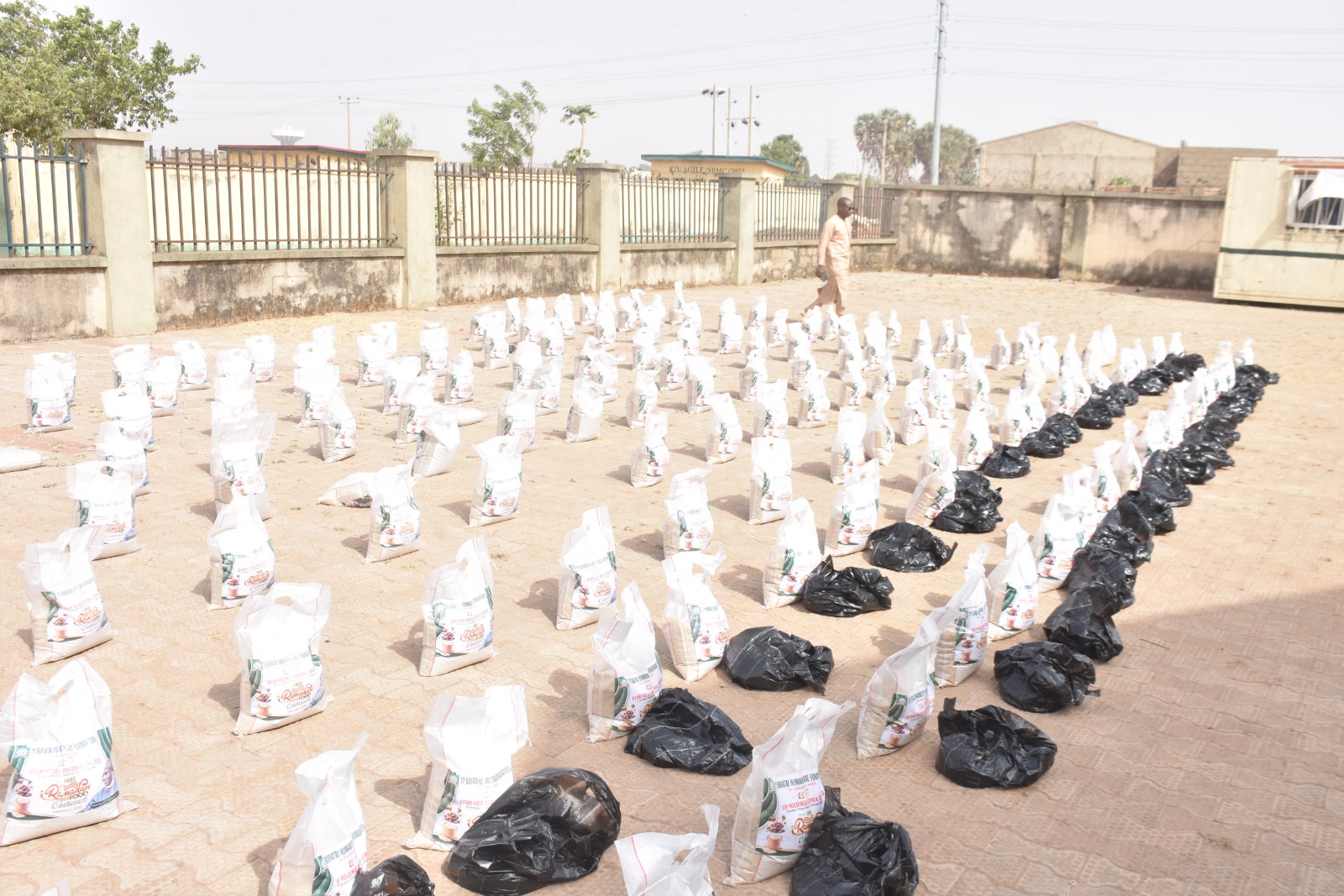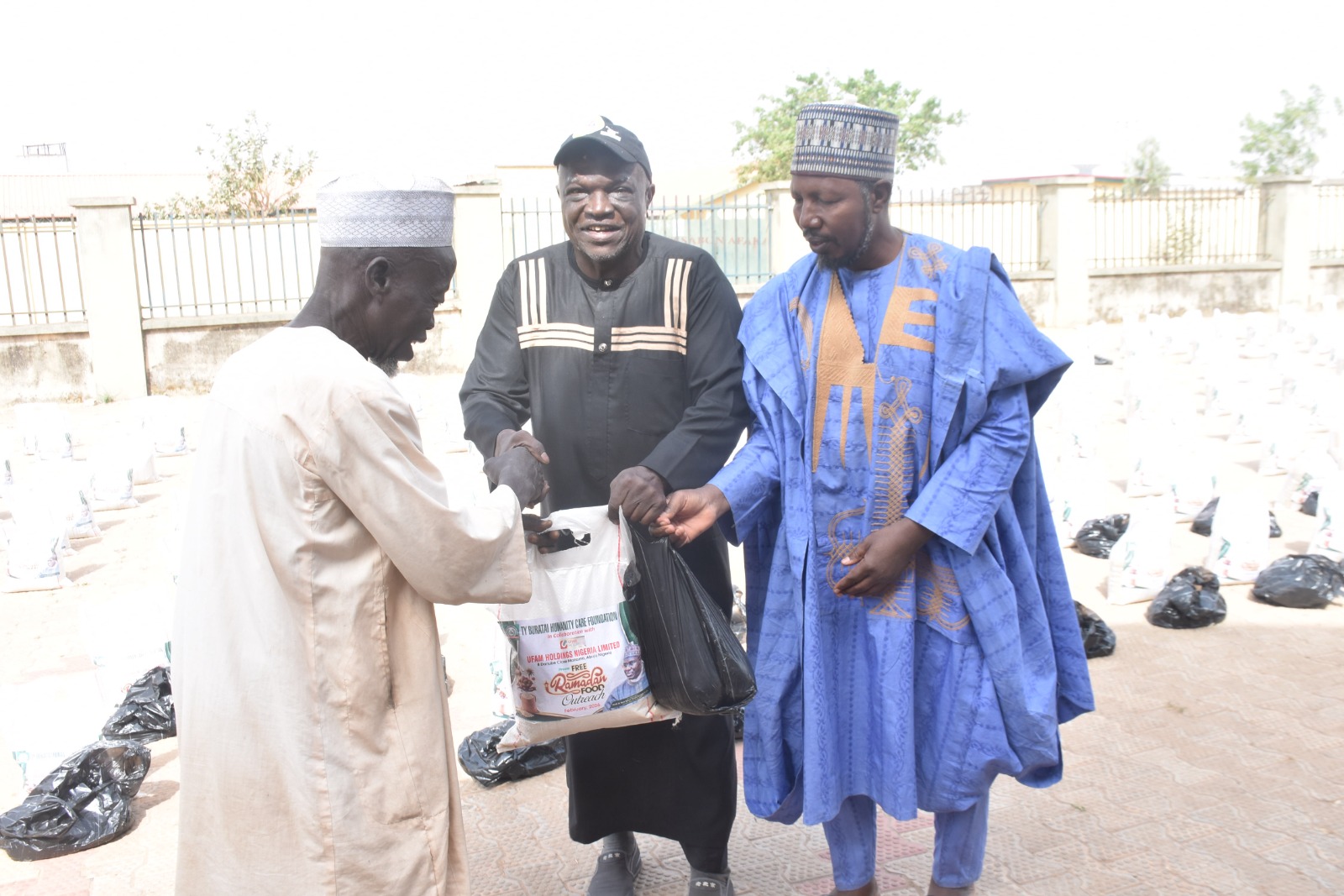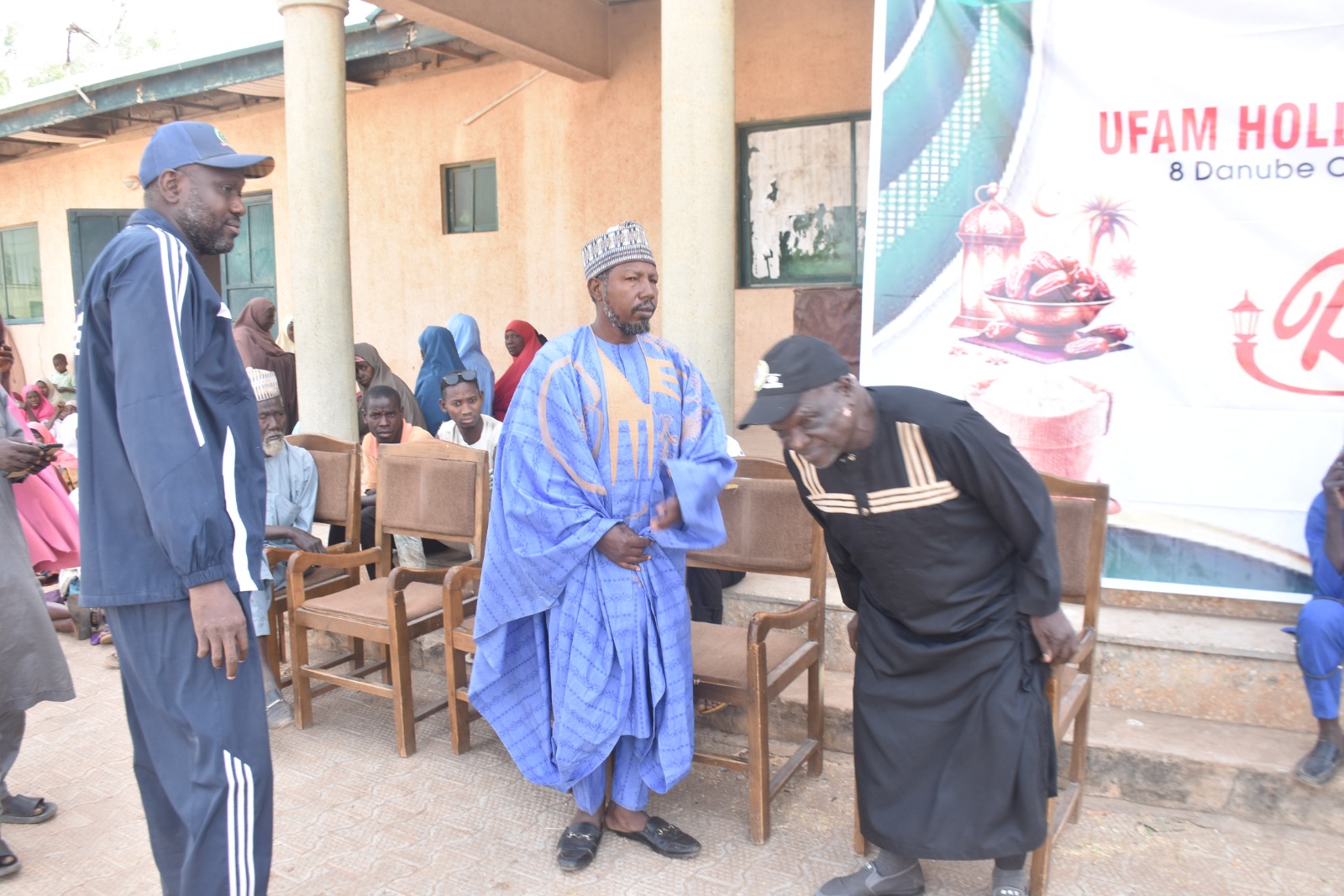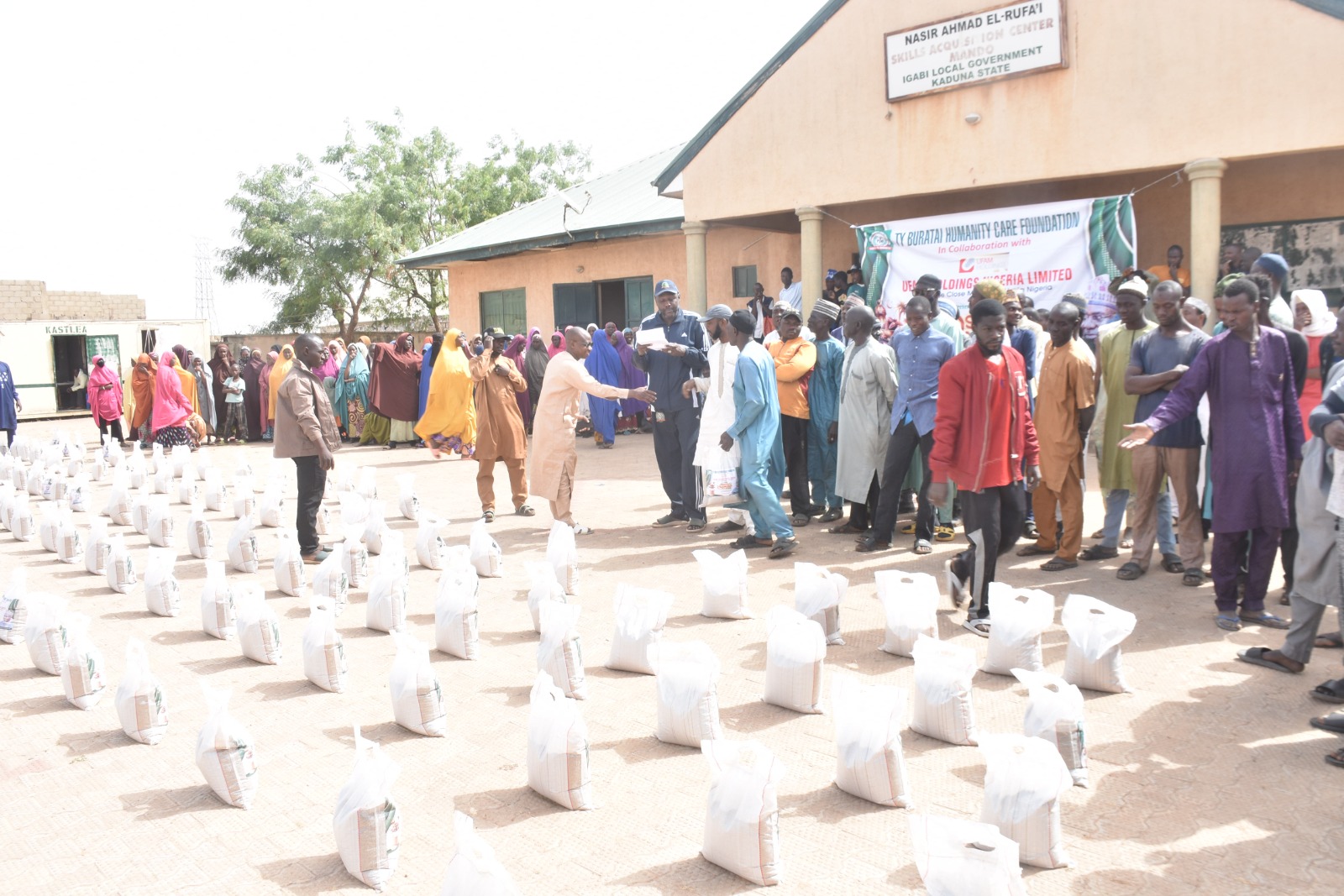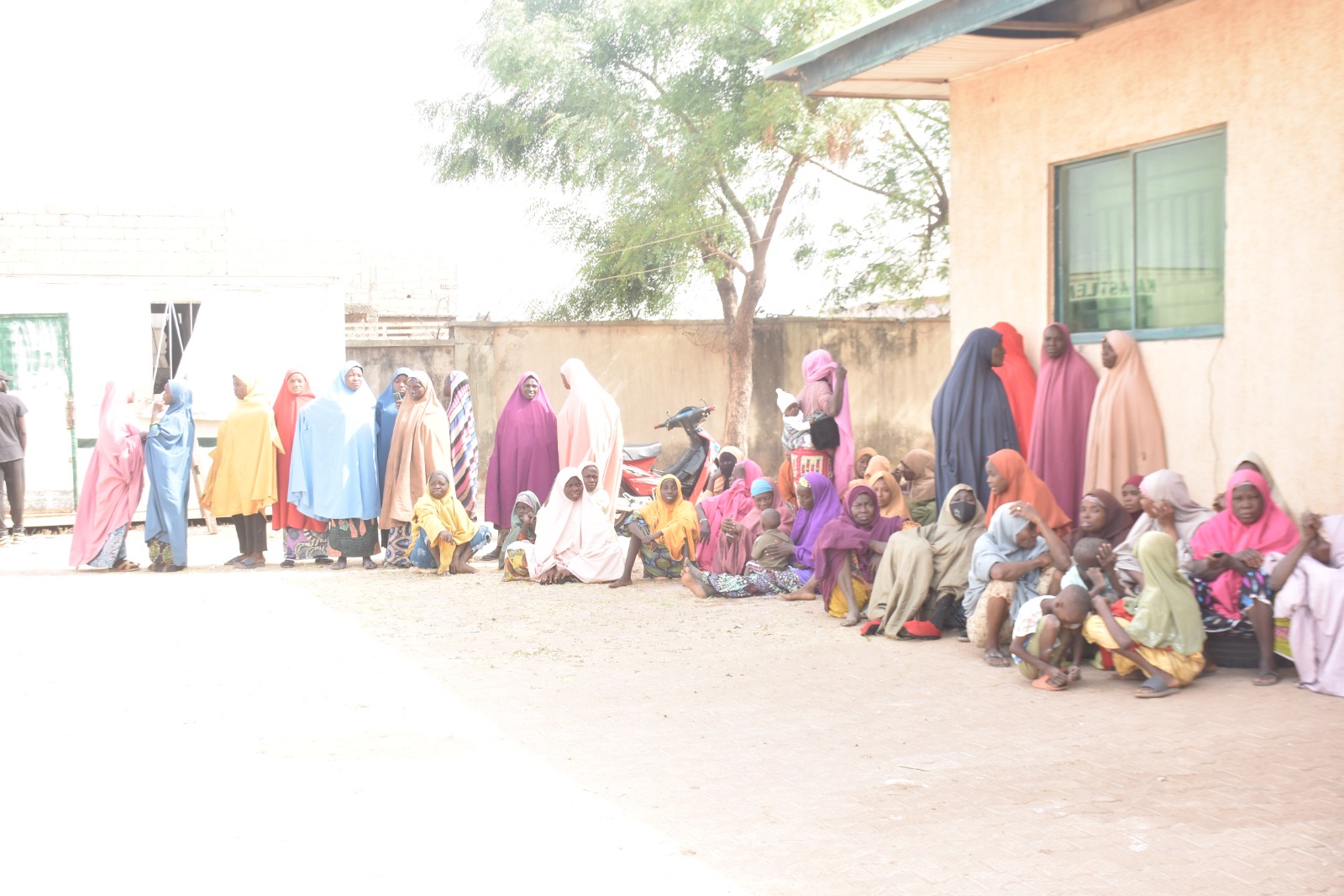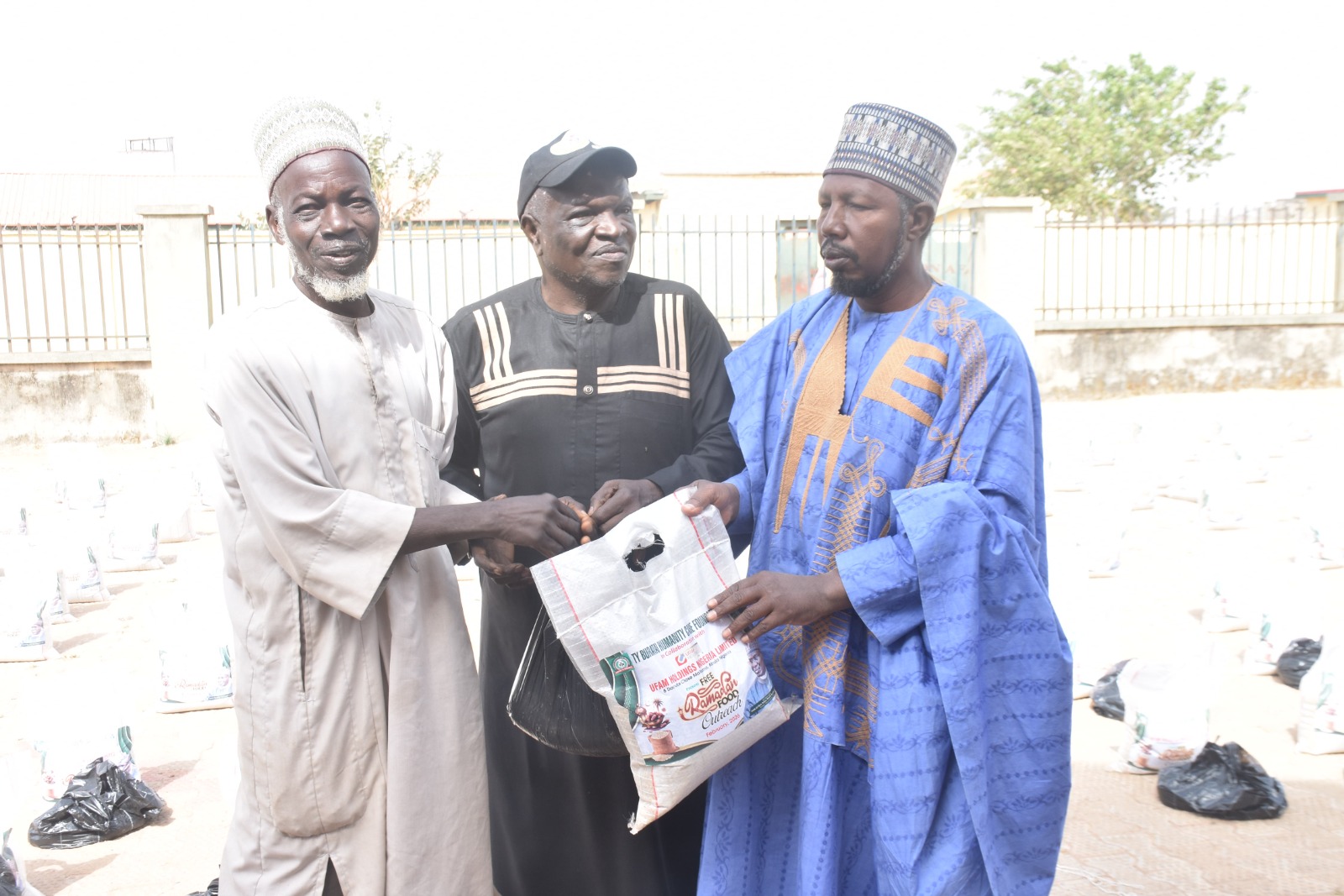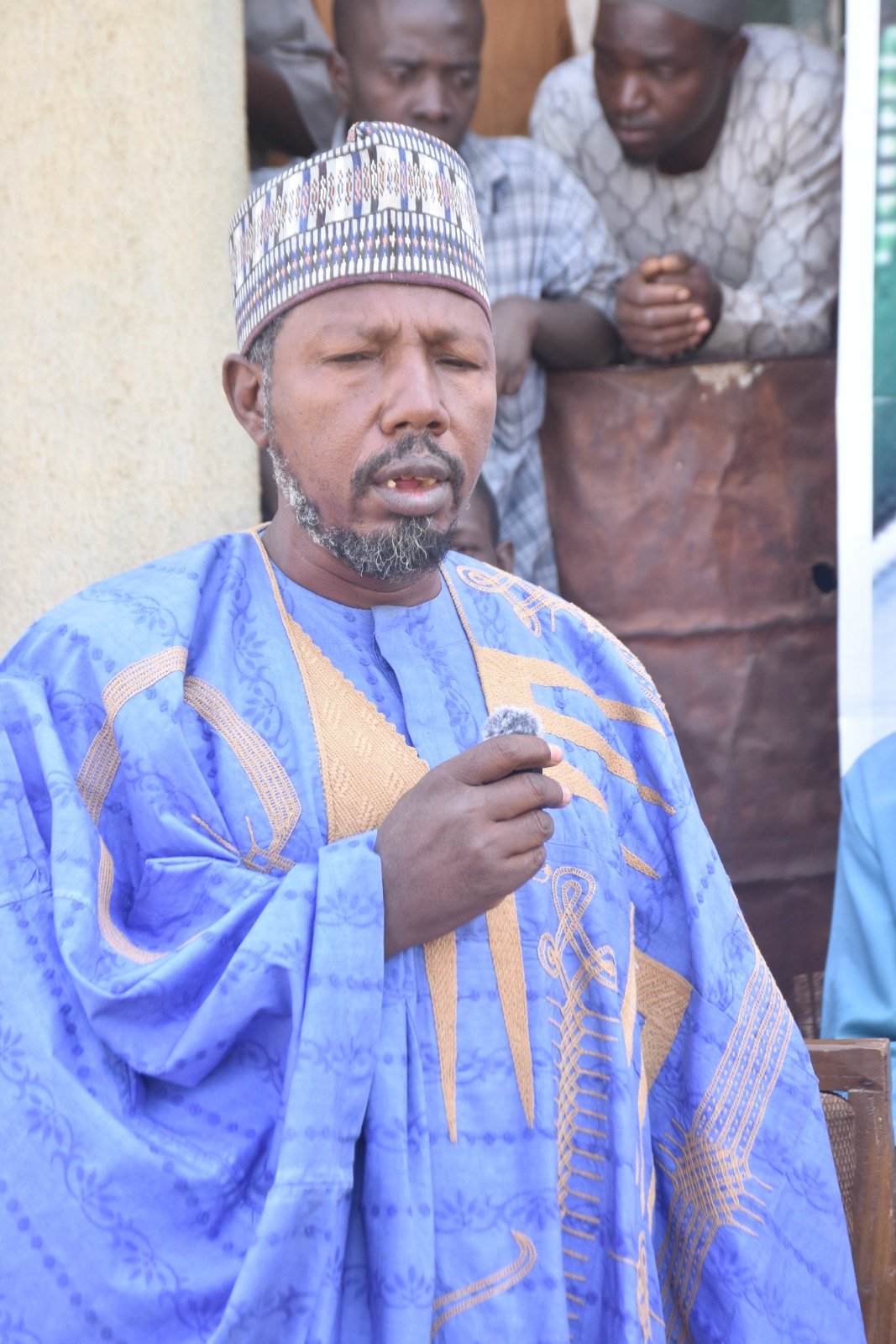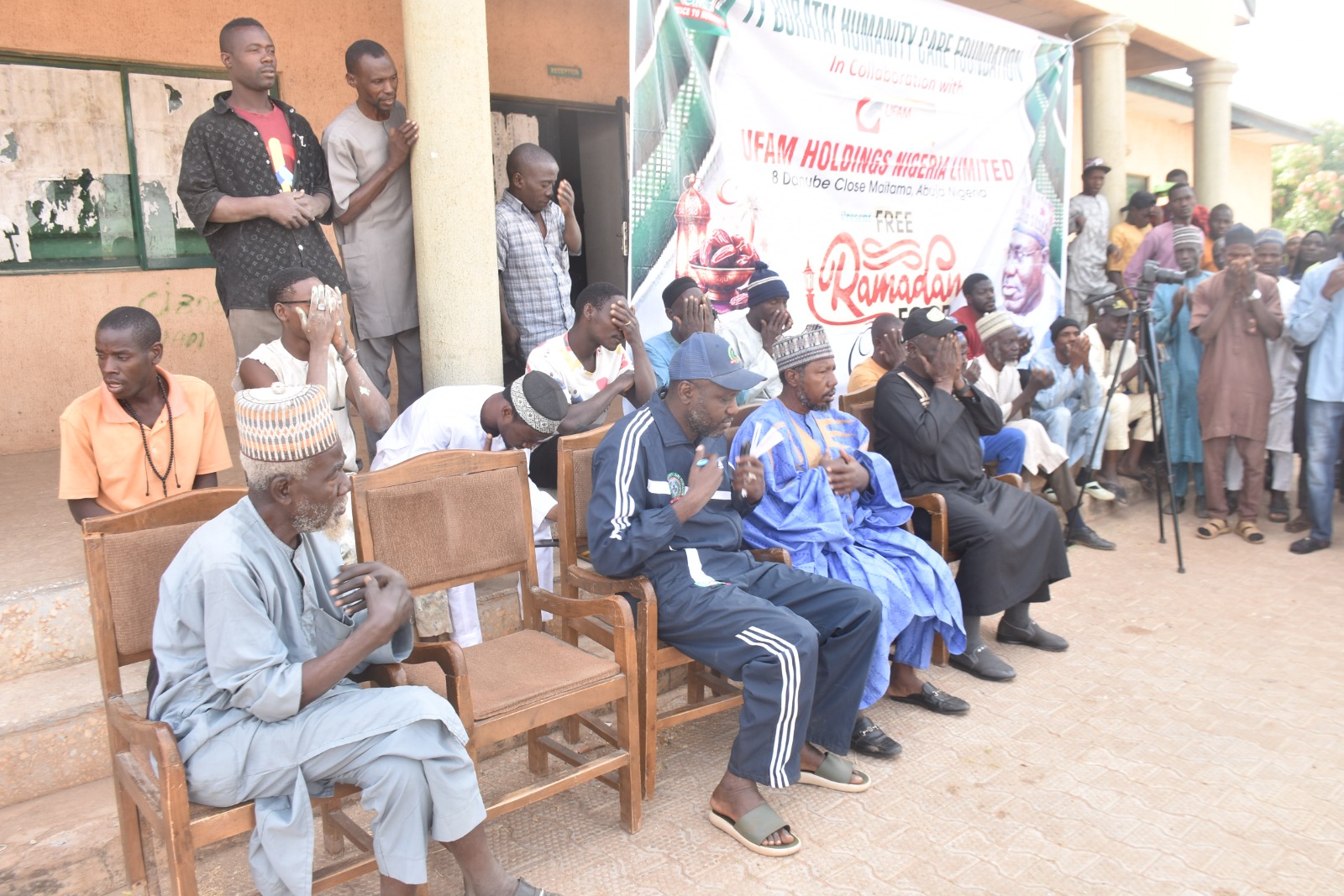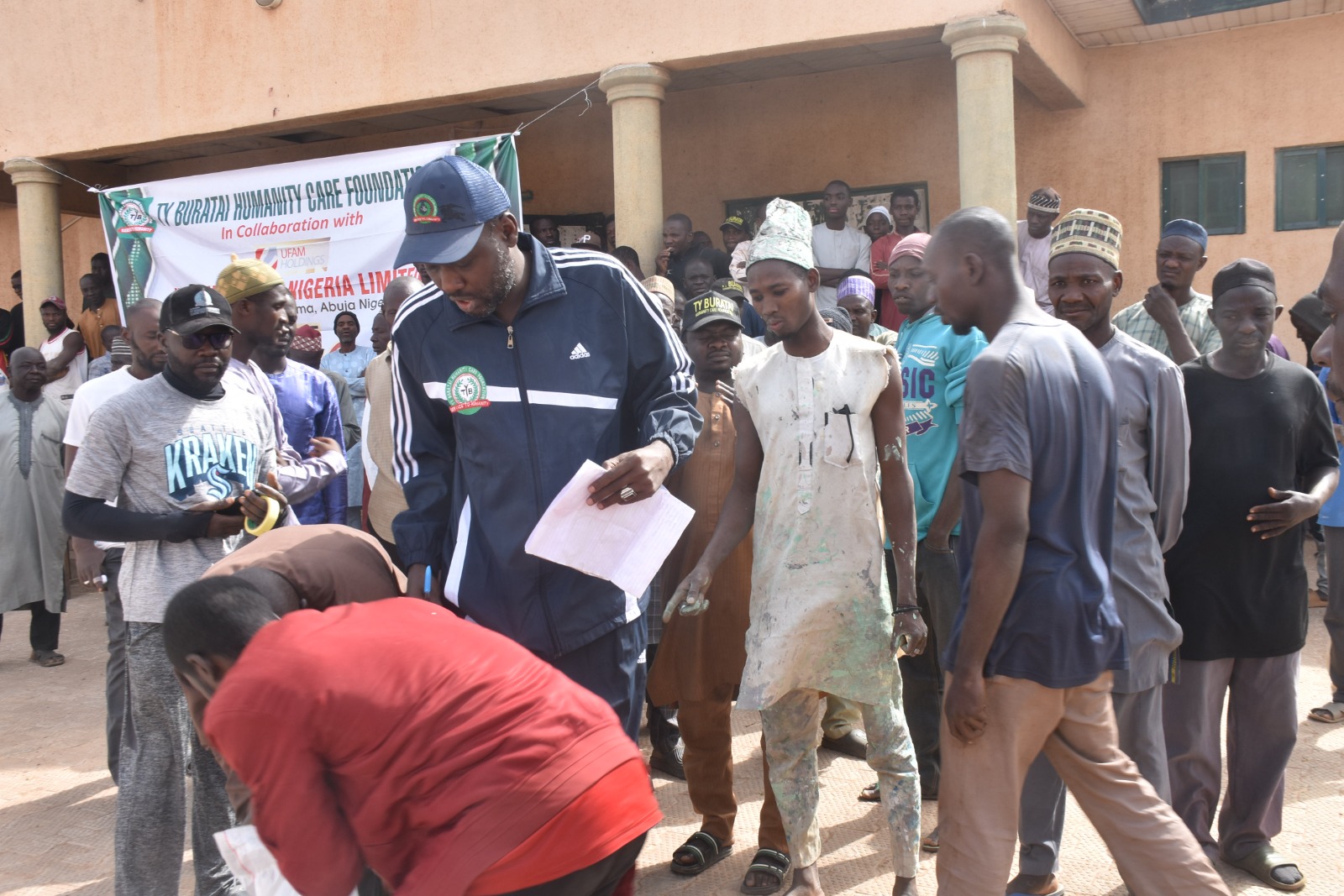society
Abandoned Ogun Roads Receive Govt’s Attention
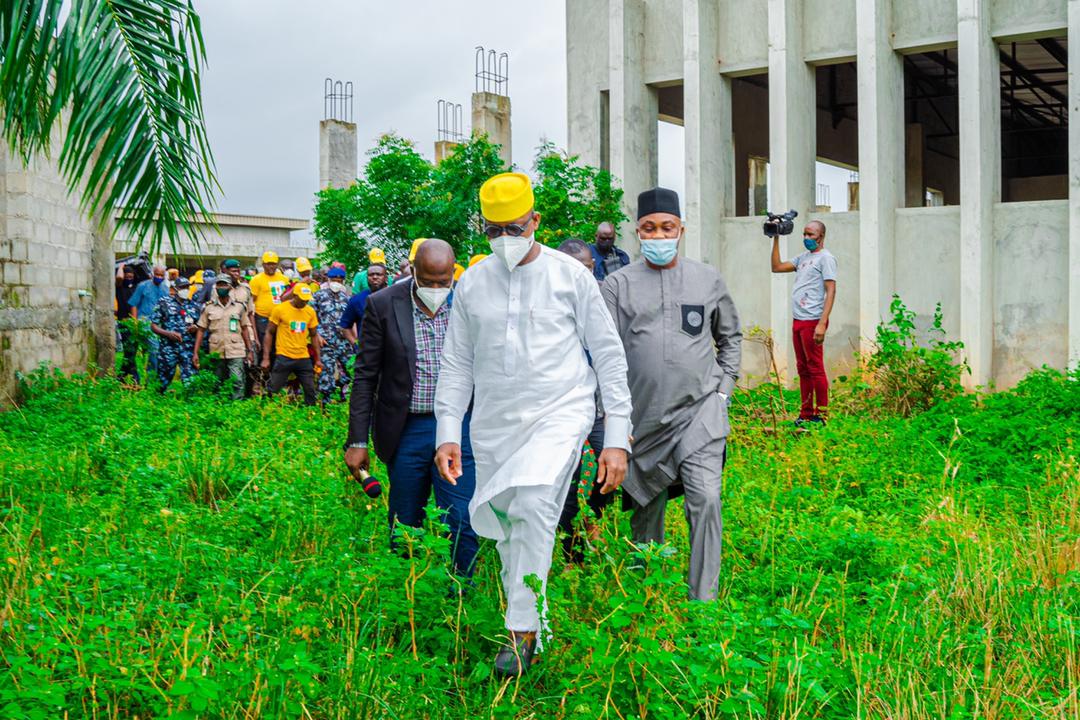
Abandoned Ogun Roads Receive Govt’s Attention By Seyi Bakare
Recently, the Ogun State government ordered the contractor handling the Mowe-Ofada road reconstruction in Obafemi-Owode Local Government area of the state back to site. Contract for the reconstruction of the eight-kilometer road was awarded by the immediate past administration of Governor Ibikunle Amosun in 2013.
The people’s hopes were however dashed as the contractor stopped work in 2018, citing the non-payment of the N500 million owed it by the state government. But the sorry past is now prologue: the project stretching from Ofada Roundabout to Mowe junction and linking the Lagos-Ibadan expressway is now back on course.
For the Dapo Abiodun-led administration, completing all abandoned projects left by previous administrations, particularly those with a high potential to drive the development narrative of the Gateway State, is an article of faith. It doesn’t matter who initiated what: what matters is value for the people’s money. That is why, for instance, the cargo airport envisioned by the Gbenga Daniel administration is being built as we speak.
But we turn to the roads. When he came on board, the Ogun helmsman set up a Contract Review Committee headed by Adekunle Mokuolu with a view to revisiting all abandoned projects in the state.
The committee’s report, turned in on September 8, 2020, identified countless infractions, but the highlight was that the current administration would need more than N218 billion to complete the inherited projects spread across the three senatorial districts. A total of 114 contracts were awarded during the period under review (2009-2019), at a total cost of N349,376,997.76, while total payment for the contracts/projects stood at N130,735,758,922:75. The total sum for the unpaid Certificate of Valuation (CV) for work done stood at N20,741,675,388:76.
Apparently, successive governments embarked on white elephants for reasons of political gain. Immediately after they demolished buildings to pave way for their promised roads, they stopped work on them. The result was untold hardship for many citizens. In particular, landlords and families whose houses were demolished suffered mental anguish as they watched the sites of their former homes waste away, awaiting roads that never came.
There was no compensation whatsoever. From Akute to Alagbole and Mowe, roads were abandoned. But even with the limitations imposed on the state’s finances by the Covid-19 pandemic, the Abiodun government was determined to complete the projects, saying they were meant for the good of Ogun, and that those suffering in the communities deserved a good life. The Abiodun administration has embarked on aggressive construction and rehabilitation of the road projects.
Contractors are back on site. Instructively, the review cost is about 10 or 16 per cent of the initial or actual cost quoted by previous governments. In 2021, with the naira having fallen drastically, Abiodun is spending 15 per cent of the sum originally quoted by previous governments on the abandoned projects, showing that the initial costs were bogus. To him, all abandoned projects must be given a facelift in the interest of the people.
To take a few examples: the 42-kilometre Sagamu-Siun-Abeokuta road, which the Amosun administration awarded at a total cost of N60 billion but later abandoned, is being reconstructed by a firm, Strabic, with two layers (binding and wearing course) at a cost less than N20 billion, with street lighting. The administration has, among many others, completed the 10-lane, 19-kilometre Ijebu-Ode/Epe road linking Ogun with Lagos State, one of the best ever roads constructed in the annals of Nigeria. The Lafenwa-Olorunda-Aiyetoro road abandoned in 2012 is back to life. The Abiodun administration approved the erection of a flyover at Lafenwa and undertook the relocation of powerline at Odeda in order to pave way for the railway line passing through the state. The projects have a long-life expectancy of between 10 and 15 years before resurfacing.
Further evidence that the administration sets great story by road construction is provided by the work of the Ogun State Public Works Agency (OGPWA), which has been tasked with fixing at least 15 roads on a monthly basis across the state. This month of August, the agency is rehabilitating 13 roads. The distribution is as follows: Ogun East, five roads; Ogun Central, four roads; and Ogun West, four roads. Indeed, between January and June this year, the government has built 54 road roads across the state: 29 in Ogun Central, 10 in Ogun West 10 and 15 in Ogun East. It expended a total of N7.389bn on the projects, including Raypower, Navy-Osi-Ikola roads in Ado-Odo/Ota local government; the Fajol-Ajegunle-America Junction-Alogi road and American Junction-Unity Estate road in Abeokuta South and Odeda local government areas, and the Ejirin-Mobalufon- Oluwalogbon road (Ijebu-Ode LGA) and Ilaro-Owode road in Yewa South local government area.
Of course, there is the Joju road (Ado-Odo/Ota LGA), Lantoro-Elite-Idi-Aba road (Abeokuta South LGA), NNPC Mega Station road (Abeokuta South LGA), Somorin-Kemta-Idi Aba Road (Odeda LGA), Imasayi-Igan Okoto-Ayetoro road (Yewa North LGA), and the Papalanto-Ilaro road (Ewekoro LGA). The projects also include the asphalting of Lafenwa-Rounder road (Abeokuta North LGA), palliative works on Sango junction-Ojuore road (Ado-Odo/Ota LGA) and the construction of City Gate monument at Sagamu Interchange (Obafemi-Owode LGA); the construction of an internal road linking Ifo General Hospital and renovation of Ifo Fire Station, rehabilitation of Olowomore-Sanni and Olowomore-Brewery roads, both in Abeokuta North, and the expansion of the link road connecting Alaba Lawson School and /CBN/MTD, Ibara.
In a clime marred by discontinuity politics, where politicians abandon projects only because they did not initiate them, costing taxpayers humongous losses, it is apposite to dwell on the paradigm shift in Ogun State. In his inaugural speech on May 29, 2019, Governor Abiodun placed emphasis on the upgrade, rehabilitation, repair and restructuring of township and rural roads that were of economic benefit to the state. Looking back two years after, it’s been promise made, promise kept. And that’s how it should be.
*Bakare contributes this piece from [email protected]
society
RAMADAN CHARITY: TY BURATAI HUMANITY CARE FOUNDATION AND UFAM HOLDINGS LTD EXTEND FOOD RELIEF TO MANDO COMMUNITY
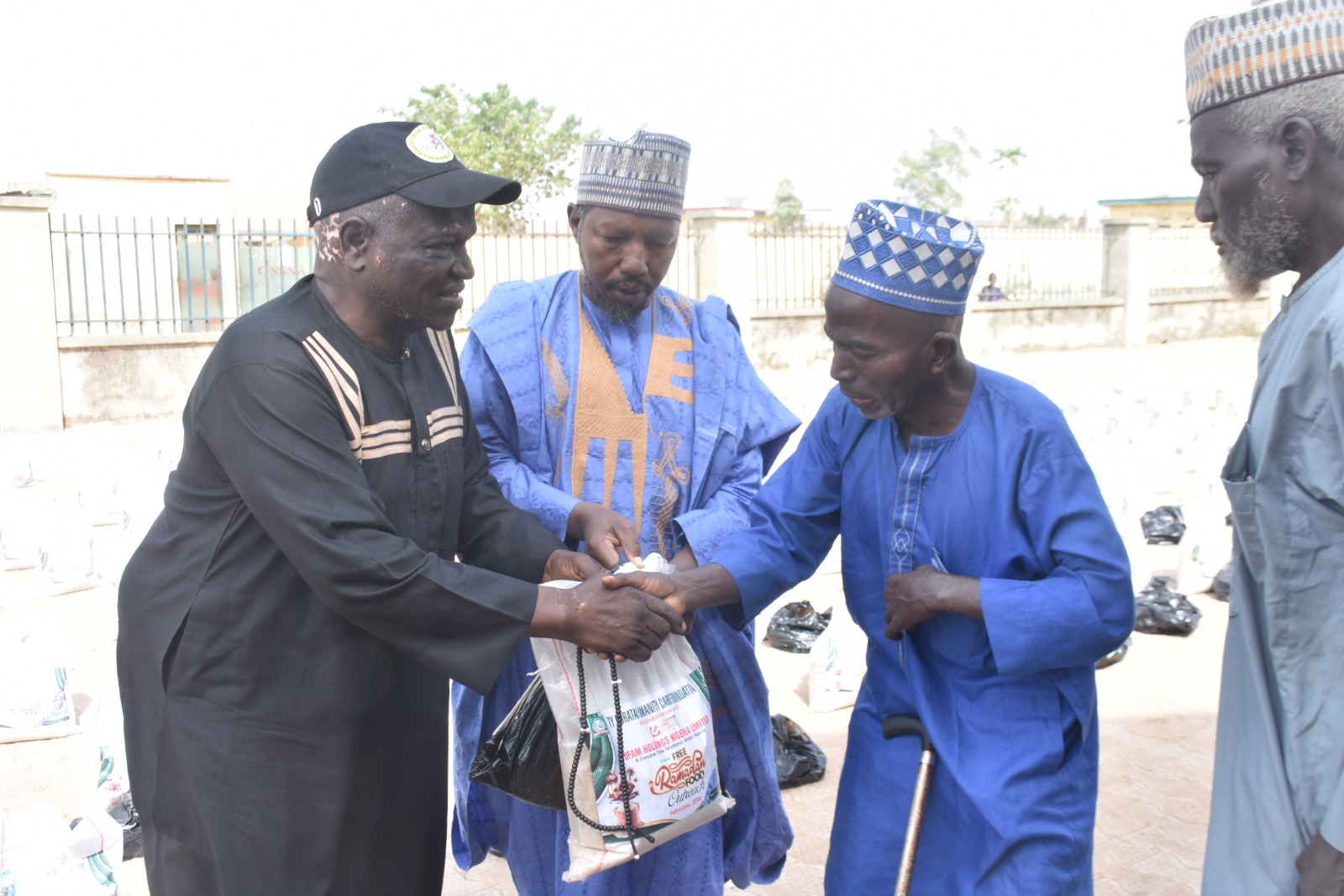
*RAMADAN CHARITY: TY BURATAI HUMANITY CARE FOUNDATION AND UFAM HOLDINGS LTD EXTEND FOOD RELIEF TO MANDO COMMUNITY*
In a remarkable display of compassion and community support, the TY Buratai Humanity Care Foundation, in collaboration with UFAM Holdings Ltd, successfully distributed food relief to over 1,000 less privileged individuals in the Mando community, Afaka, Igabi, Kaduna State, as part of the Ramadan celebrations.
The initiative, aimed at alleviating hunger during this sacred month, saw community members receiving essential food items to ensure they can observe Ramadan with dignity and sustenance. The distribution took place at the Skill Acquisition Centre, where beneficiaries gathered to collect their food packages.
During the event, the Deputy Chief Imam of Mando Central Mosque, Sheikh Bashir Adam Saleh Algoni, expressed his gratitude for the philanthropic effort. “We appreciate this gesture immensely,” he stated. He urged the public to keep the Grand Patron of the Foundation, His Excellency Amb Lt Gen Tukur Yusufu Buratai, in their prayers, acknowledging his ongoing commitment to helping the less privileged. He also highlighted the contributions of UFAM Holdings Ltd, urging support for their charitable endeavors.
Beneficiaries of the food relief expressed their profound gratitude, offering prayers for Allah’s blessings on both the foundation and the company for their generous assistance during this holy month.
In his remarks, the Special Guest of Honour, His Excellency Amb Lt Gen Tukur Yusufu Buratai CFR Rtd, former Chief of Army Staff and Grand Patron of the Foundation, who was represented by Col Haruna Idris Zaria Rtd, thanked the public for their continuous prayers. He emphasized the importance of using the month of Ramadan to pray for the betterment of the country and an end to the insecurity plaguing the nation. He also urged the community to support and pray for security agencies, recognizing their sacrifices in maintaining peace and safety.
This charitable initiative not only highlights the spirit of Ramadan but also reinforces the importance of community solidarity and mutual support during challenging times.
society
Obi’s Reform Agenda Rekindles Scrutiny of Nigeria’s Political Wealth

Obi’s Reform Agenda Rekindles Scrutiny of Nigeria’s Political Wealth
By George Omagbemi Sylvester | Published by SaharaWeeklyNG
“Momodu’s remarks spotlight elite affluence as analysts warn of resistance to cost-cutting reforms.”
Prominent publisher and politician Dele Momodu has reignited debate over the vast wealth attributed to sections of Nigeria’s political class, asserting publicly that certain politicians could raise as much as $500 million at short notice to secure presidential power. Though no names were mentioned, the claim has sharpened national conversations about transparency, accountability, and the true cost of governance.
Nigeria’s persistent struggle with corruption is well documented by bodies such as Transparency International, whose global assessments frequently rank the country low on public sector integrity. The optics of expansive private mansions, luxury assets, and foreign-based lifestyles among political families continue to fuel public suspicion, particularly in a nation grappling with inflation, debt pressures, and widespread poverty.
The controversy unfolds against the backdrop of reform advocacy by Peter Obi, who has consistently argued for cutting governance costs and institutionalizing fiscal discipline. Political economist Professor Pat Utomi maintains that entrenched elites often resist structural reform, describing elite capture as a systemic barrier to democratic accountability. Nobel Laureate Wole Soyinka has similarly warned that democracy without transparency breeds cynicism and instability.
While no specific officeholders have been formally indicted in connection with Momodu’s remarks, the broader issue remains potent: public demand for principled leadership is rising, and scrutiny of political wealth is unlikely to fade as future elections approach.
society
Obi Would Defeat Even Jesus at the Polls”: Viral Remark Sparks Political Debate Online

“Obi Would Defeat Even Jesus at the Polls”: Viral Remark Sparks Political Debate Online
By George Omagbemi Sylvester
A viral statement by a prominent supporter of former Anambra State governor and Labour Party presidential candidate Peter Obi has ignited widespread reactions across Nigeria’s political landscape. The supporter, popularly known as Mama Pee, declared during a live social media broadcast earlier this week that “If Jesus comes down to contest in Nigeria, Obi go win am,” a remark intended to emphasize Obi’s perceived popularity among his core supporters.
The comment, which surfaced on X and Facebook, quickly generated sharp responses from supporters of President Bola Ahmed Tinubu of the All Progressives Congress (APC) and former Vice President Atiku Abubakar of the Peoples Democratic Party (PDP). While many Labour Party loyalists defended the statement as political exaggeration, critics described it as reflective of growing personality-driven politics.
Obi, who contested the 2023 presidential election under the Labour Party and placed third according to official results released by the Independent National Electoral Commission, has not issued any public response to the remark.
The episode underscores the continued intensity of political engagement following the 2023 general elections, with online discourse increasingly shaping narratives around Nigeria’s evolving democratic space.
-

 celebrity radar - gossips6 months ago
celebrity radar - gossips6 months agoWhy Babangida’s Hilltop Home Became Nigeria’s Political “Mecca”
-

 society5 months ago
society5 months agoReligion: Africa’s Oldest Weapon of Enslavement and the Forgotten Truth
-

 society6 months ago
society6 months agoPower is a Loan, Not a Possession: The Sacred Duty of Planting People
-

 news7 months ago
news7 months agoTHE APPOINTMENT OF WASIU AYINDE BY THE FEDERAL GOVERNMENT AS AN AMBASSADOR SOUNDS EMBARRASSING

